That Which It Beheld
I hate Arthur C. Clarke like an addict hates his dealer. Every time I read one of his books, I get suckered in, and want to read more. Time’s Eye is one of those books, like when I read Light of Other Days. Then the book makes me want to ramble about it to everyone.
Time’s Eye is the first in a series of books called A Time Odyssey. The second one should be out now from what I understand. This is another book written by Clarke and Stephen Baxter. After finishing it I had the almost overwhelming urge to read the entire 2001-3001 Space Odyssey series and also the Manifold Series by Baxter. My understanding is that the series are similar in scope and idea. However rather than being in the same or parallel timelines they are more like orthogonal to each other. That idea is interesting, and it actually makes a lot of sense. I liked LoOD by Clarke and Baxter, and this one didn’t disappoint. Clarke and Baxter both seem to have a way of taking on big ideas and subjects in a well done manner. Working together seems to suit them.
The book starts off with an interesting premise. Suddenly and without apparent warning, the earth is instantly carved up into pieces and then reassembled with different pieces being from different times. A UN helicopter from 2037
The Soyuz crew de-orbits into the steppes as planned, and the British fort discovers an army to a few days journey away. The British and UN crew discover it is a Macedonian army and are brought before one Alexander the Great. The Soyuz crew is captured by nomads and is brought before their leader Genghis Khan. Both parties set out for the radio signal, unbeknownst to each other. And then wackiness ensues. Well not wackiness. More like hardship and lots of death.
This is just a pretty dang good book. It has nice dialog and plot development. The characters are understandable and fairly well developed. The real jewel is the believability of the characters from the different times. The details that the authors fill in for activities, equipment, explaining ideas, and all of the small differences and large similarities between the different people are impressive. I feel that I actually have a better understanding of Alexander and Genghis and their worlds. It was just a great time and a competing read.
Then Baxter goes and mentions several alternate history books based on Alexander the Great, and makes me want to read them all. He does have an interesting point that most of the alternate histories revolve around Alexander’s early death, and that they almost inevitably end up creating a world worse off than we are today. More stuff to read. Crap.


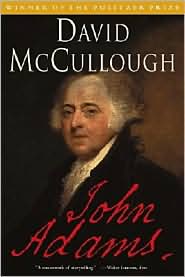
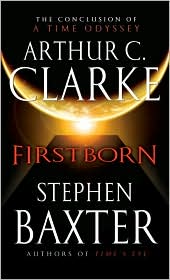
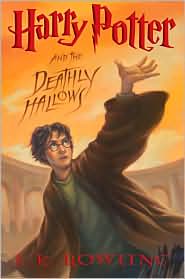
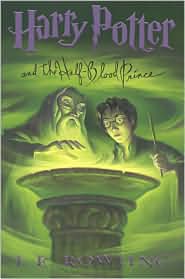
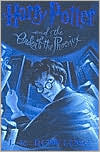

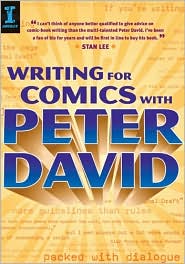
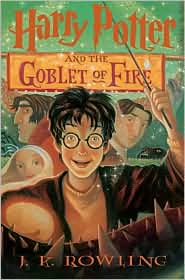
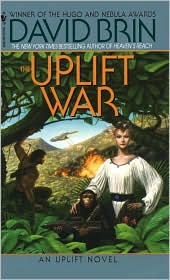
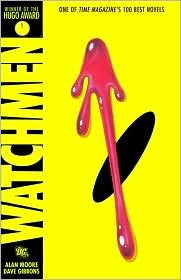

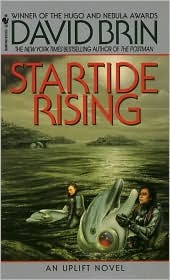



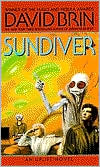



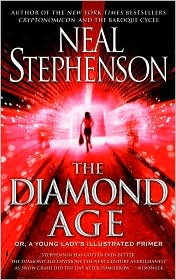








0 Comments:
Post a Comment
<< Home